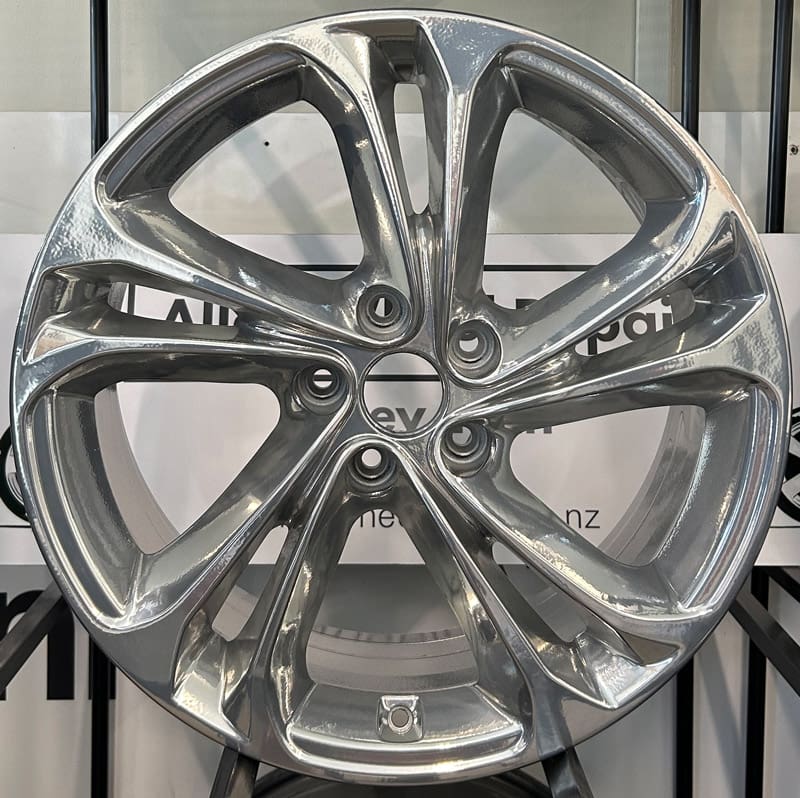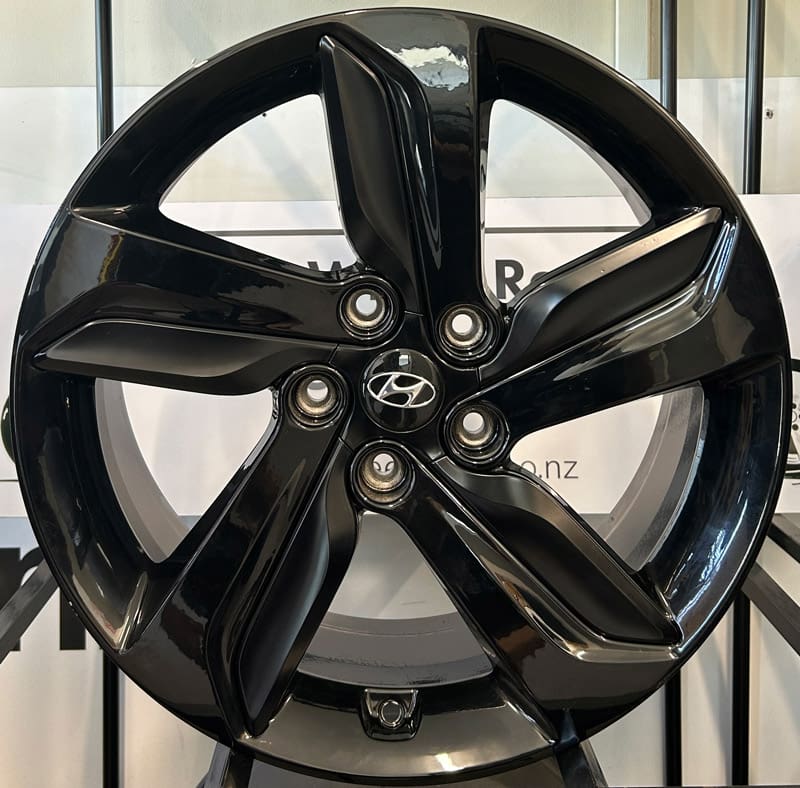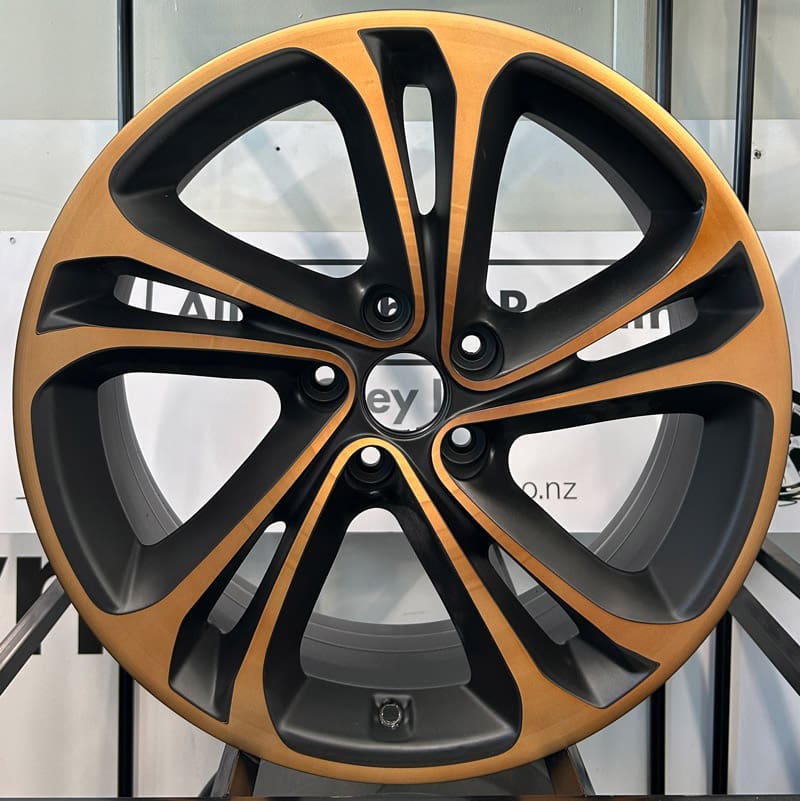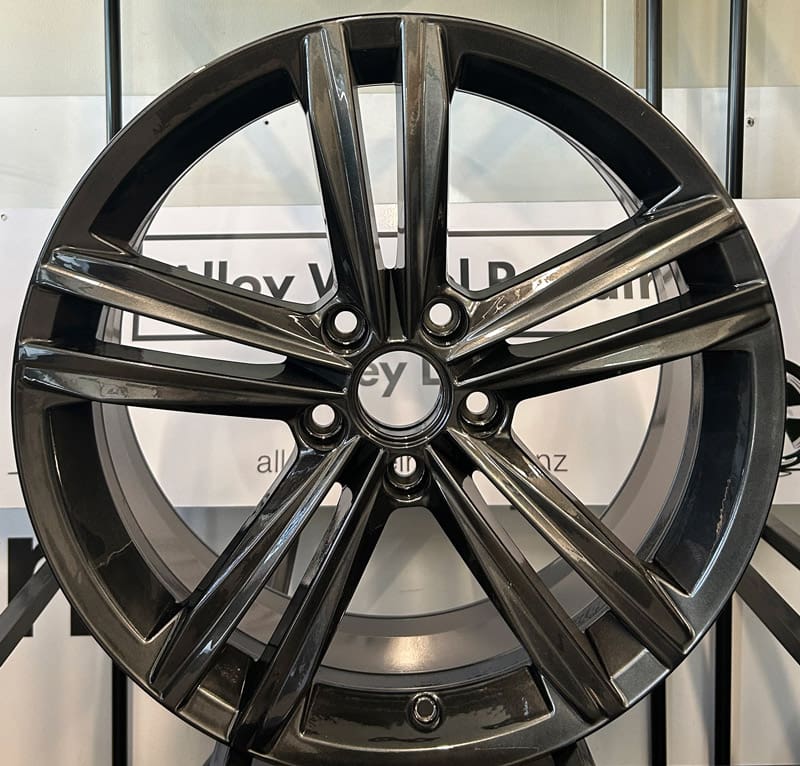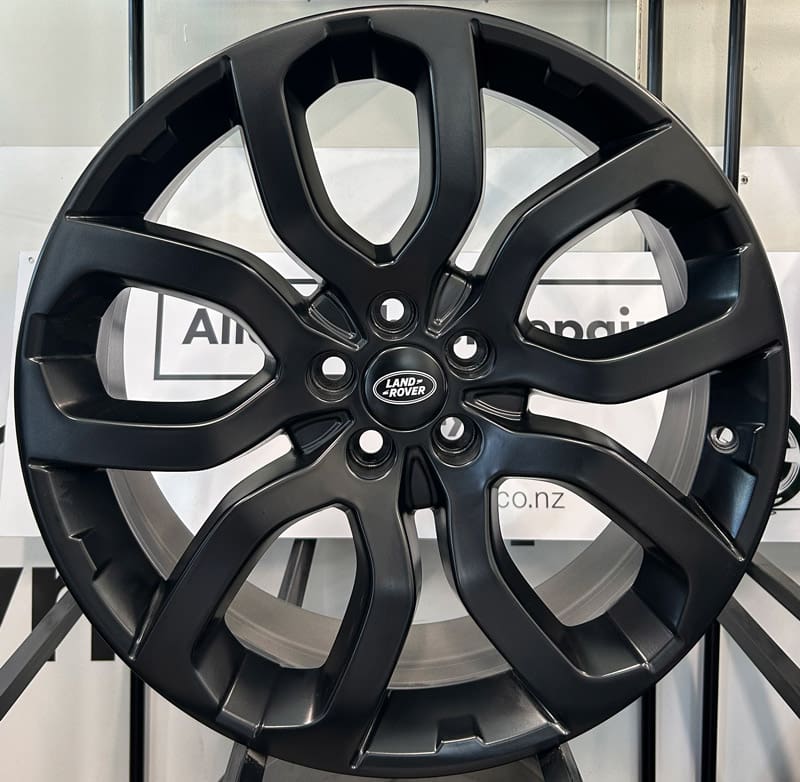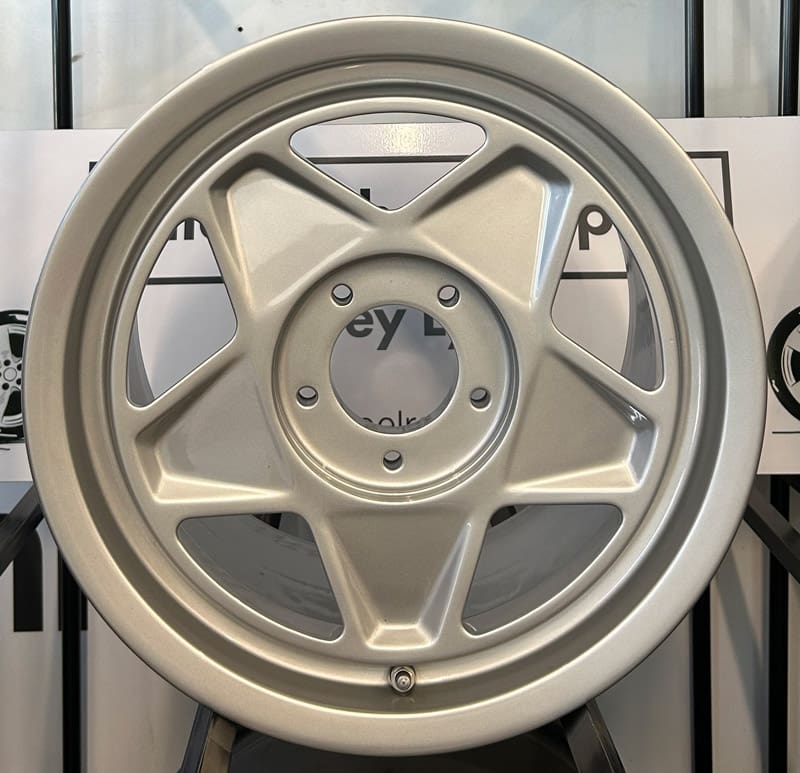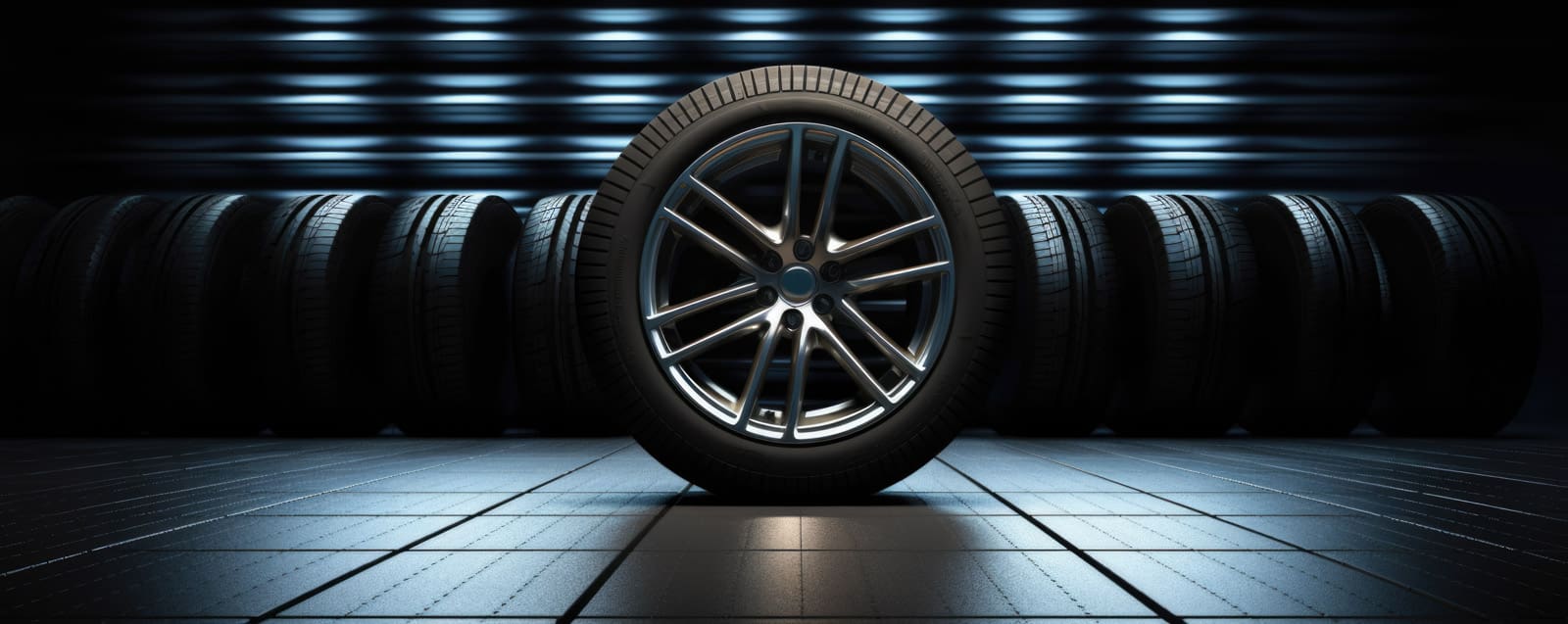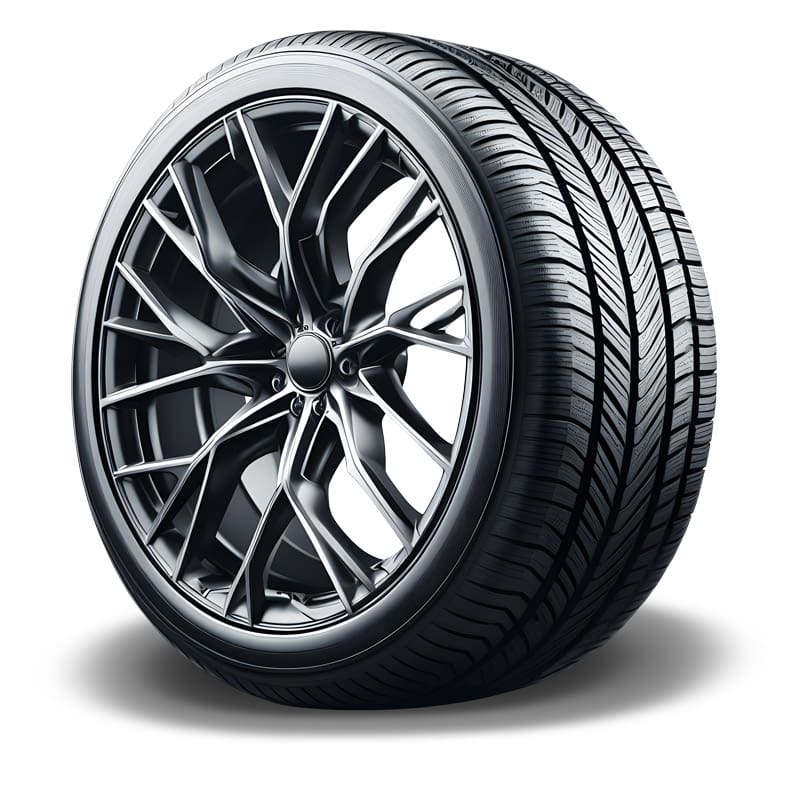
Ever wondered about the difference between Mag wheels and alloy wheels? Buckle up, because here's the lowdown!
Specialist mag wheel repair to factory alloy standards
Call +64 9 378 8000 for a quote
If your mags look or feel like this, you need help from Alloy Wheel Repair:
- Cracks or splits – Even small cracks can quickly cause issues.
- Bent or warped rims – If it’s not perfectly round, it’s not safe.
- Vibrations while driving – Vibrations at high speeds indicate balance issues.
- Scratches or scuff marks – Cosmetic damage is still dangerous to your street cred!
- Air leaks – Damaged rims can cause tyre damage and require close inspection.
- Corrosion – White residue or ‘pitting’ means your mags have corroded.
- Strange noises while driving – Clicking, scraping, or rattling could be a problem with your mags.
- Dents or dings – These can get gnarly if they interfere with performance.
- Unusual tyre wear – Inconsistent tyre tread can affect the overall vehicle balance.
- Poor handling while driving – If something feels off, it could be damage to your wheels
Mags are high-performance wheels requiring specialist repair
Our team has the knowledge, equipment, and dedication to repair your mag wheels at a competitive price with minimal interruptions
Our Mag Wheel Repair Process:
Step 1. Assessment
Our experienced team evaluates your wheels to determine the extent of the damage. To save you time, we can provide replacement wheels while we work on the repairs. If all four wheels need repairs, we’ll provide a loan car.
Step 2. Cleaning and Stripping
We give your mags a good clean to prepare for repair.
Step 3. Repair (Straightening and Shaping)
Because of the reactive nature of magnesium, we use specialised equipment for our precise repairs.
Step 4. Surface Preparation
Sanding and smoothing to achieve a uniform surface.
Step 5. Optional Treatments
Application of heat or stress relief for severe damage (if needed).
Step 6. Truing and Balancing
Ensuring smooth rotation and balance for safe driving.
Step 7. Finish Application (Optional)
Application of primer, paint, or powder coating for restoration.
Step 8. Curing
Baking to ensure the durability of the finish.
Step 9. Final Inspection
Quality check for structural integrity and appearance.
Step 10. Reinstallation
Wheel reinstated so you can drive away and be stoked with the result!
Choose our Grey Lynn workshop over a mobile service for state-of-the-art techniques and craftsmanship
Book now
Delivering exceptional results for our customers:
Mag Wheel Repair FAQs:
Can MAG wheels be fixed?
Yes, mag wheels can be fixed, but they require specialist knowledge and machinery to enable precise repairs on the reactive nature of the magnesium alloy.
How much does it cost to fix curbed rims in NZ?
The cost to fix curbed rims in NZ varies depending on the extent of the damage and specific requirements. Basic wheel refinishing repairs typically start at $175+GST. However, our experienced team will provide an exact cost after assessing the damage and determining the best repair plan for the customer.
Examples of our work
